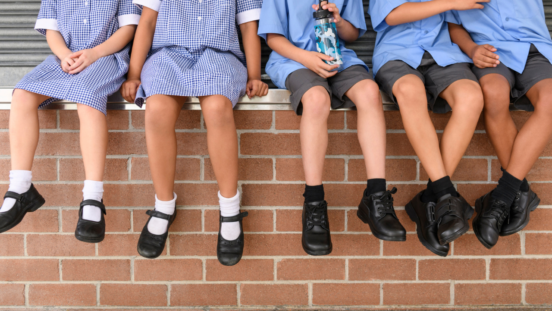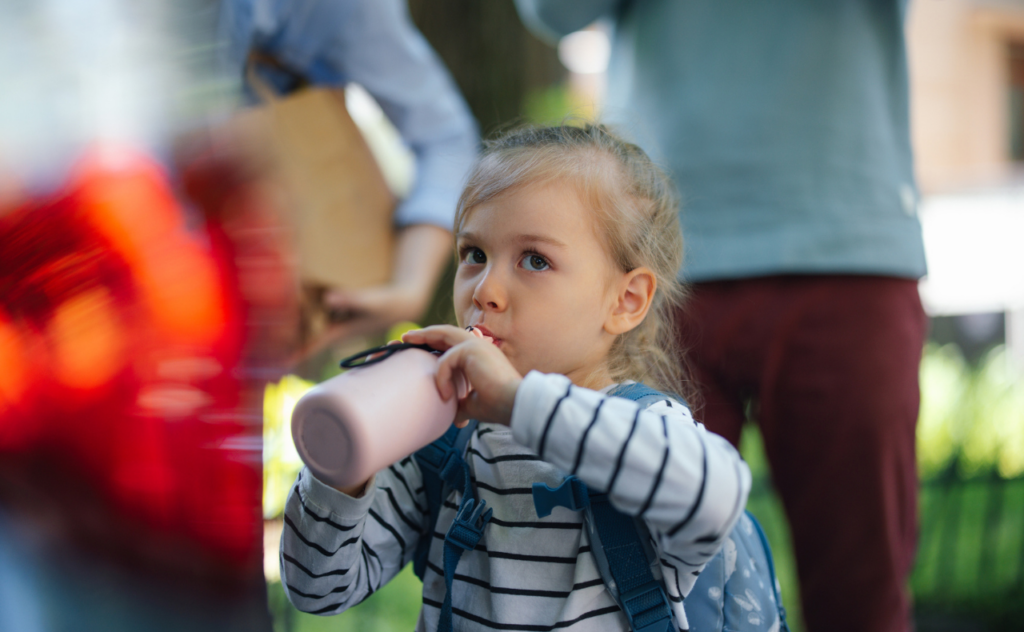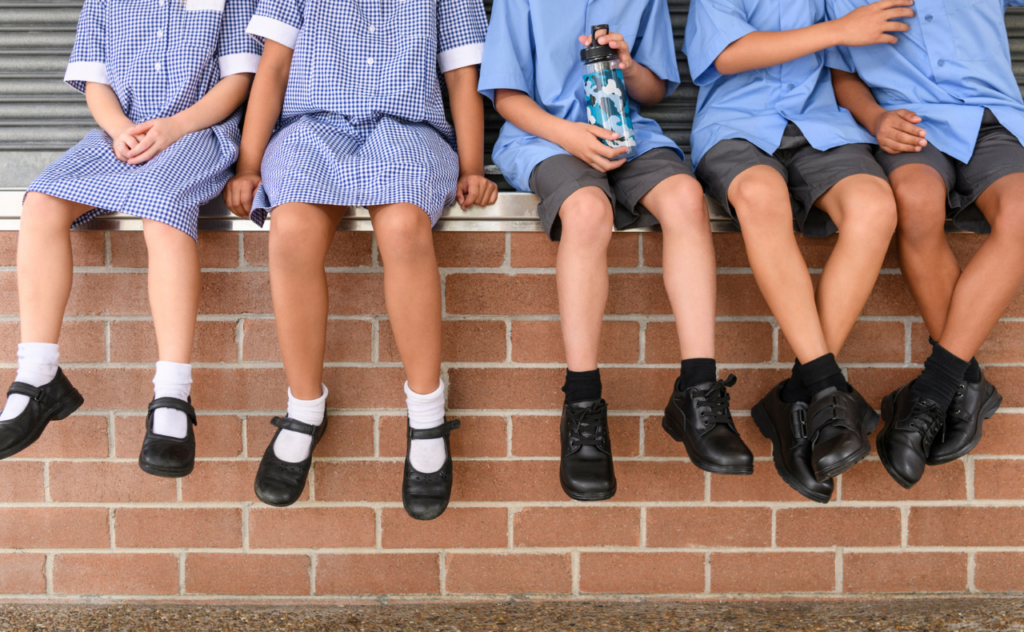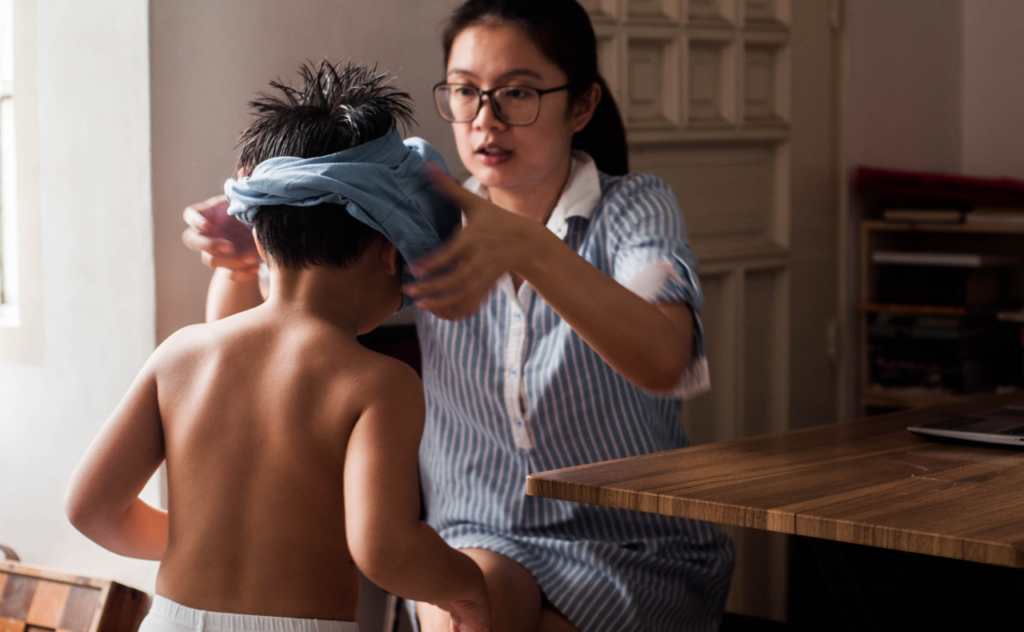4 ways you can start preparing your preschool child for primary school

Hands up who is ready for big school?
By Sharon Turner, Junior School Psychologist at Strathcona Girls Grammar
Starting school for the first time, or changing to a new school, are some of the most significant experiences in a child’s life. And like all big experiences, they come with lots of emotions – excitement, fear, nervousness and anticipation, to name a few.
As a parent, it’s only normal that you want your child to have the most positive experience possible.
So, to help you manage your child’s emotions and expectations so they can thrive on their new journey, here are four things you can be doing in the lead up to the new school year.
4 tips to help prepare for primary school
1. Encourage and foster independence
Work with your child over the coming months to ensure they can be as independent as possible when starting school. Assist them in learning to tie their shoelaces (if they have to wear laces) or to use Velcro straps so that they can manage uniform changes for sport and swimming.
Teach them to pack and unpack their school bag and carry it on their back, and ensure they can open and close their lunchbox and drink bottle.
Importantly, encourage them to ask for help from teachers or other students when they need it. While these actions may seem small, they will go a long way in boosting your child’s confidence and helping to ensure they have a positive experience.

2. Work with your preschooler on emotion regulation skills
Learning how to regulate their emotions will give your child the best opportunity at learning in the classroom and making new friends. You can assist them in this by helping to develop their emotional literacy skills at home – regularly use language that describes your feelings and role model how to cope when faced with big feelings. These are important elements of emotion regulation.

3. Take your kid to school orientation programs
Participate in as many school orientation programs as you can, even if they are online. These sessions will provide opportunities for your child to familiarise themselves with the school layout, teaching staff and other students. It also gives you an opportunity to meet other parents and potentially organise a play date before school starts so your child will know at least one familiar face on the first day.

4. Think about creating a strong routine
Never underestimated the importance of a good routine. Children starting school tire quickly during the day and the week, so the importance of having a good sleeping and eating routine in place is crucial to assist with building their stamina. This routine needs to begin in the months before school starts, not the night before.
Sharon Turner is the Junior School Psychologist at Strathcona Girls Grammar.




